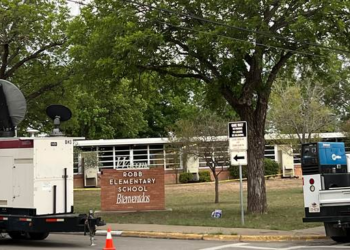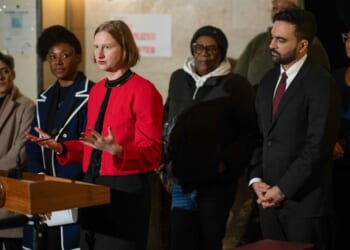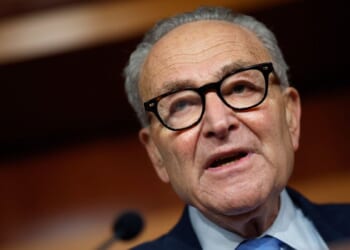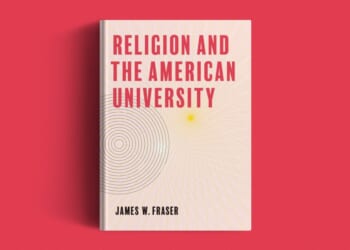Each November, National Adoption Month calls us to reflect on the countless children around the world who long for the love and security of a family. It’s a month meant for celebration and hope, yet we can’t overlook a sobering reality: international adoption has reached a record low.
In 2023, the number of children adopted internationally into the United States fell 94 percent from its peak in 2004. Yet the need has not diminished. Millions of children remain in institutions or without permanent care. How did something once regarded as an act of compassion and unity become a source of political controversy?
The decline of international adoption isn’t simply the result of fewer children in need or waning interest among families. It’s the result of a bias against the idea that a child might thrive in a home beyond their birth country’s borders.
A growing number of global organizations and governments now hold that the “best” solution for every child is to remain in his or her birth country, regardless of circumstances. While this view is often presented as culturally sensitive or anti-colonialist, it often overlooks what children need most: permanency.
Certainly, ethical oversight and accountability are essential in adoption. We must always guard against corruption, coercion, and exploitation. Yet in recent years, legitimate concerns have been amplified and politicized to the point that every international adoption is viewed with suspicion. Organizations such as the United Nations and UNICEF have promoted policies that treat international adoption not simply as a last resort, but as something harmful. By presenting individual situations as trends, they have pushed international adoption as an option only to be considered after every other avenue has been exhausted, to the detriment of the children themselves.
What’s driving this shift is not just humanitarian concern, but politics — international power dynamics, image management, and ideology. This progressive, ethnocentric mindset assumes that a child’s nationality is more valuable than his or her opportunity for family and belonging. That belief, however well-intentioned, fails to acknowledge the most basic truth: children need parents, not policies.
This bias has created ripple effects around the world. In response to international perception and the pull of political correctness, many countries have closed or severely limited their international adoption programs. The result? Countless children remain in temporary or institutional care, even as governments openly acknowledge that permanent families are what children need most to thrive.
As the president and executive director of Lifeline Children’s Services, I see this tension every day. Our partners around the world frequently express a deep need for adoptive families for children in their care. The desire to find families for them is strong, yet policy barriers and global hesitation often stand in the way.
The irony is tragic: the very policies meant to protect children from harm are leaving them without families.
Even within conservative and faith-based communities, this narrative has gained ground. Too often, we’ve accepted the assumption that “staying local” is always best without examining whether that belief truly serves the child’s best interest. We’ve allowed political debates about sovereignty, funding, and international relations to drown out the human realities at stake. This isn’t an abstract policy issue — these are real children, still waiting for families because of a widely held bias.
This isn’t about ideology — it’s about children’s lives. Around the world, thousands of children are aging out of institutions with no place to call home. Governments hesitate to approve international placements out of fear of scrutiny. A culture of hesitation has replaced a culture of hope. Even the U.S. Department of State has changed their posture on international adoption from one of diplomat and champion to scrutinizer and evaluator.
National Adoption Month is a time to remember what’s at the heart of adoption: love, belonging, and the belief that every child deserves a family. It’s also a time to challenge the political and cultural narratives that have distorted this mission.
I urge you to separate the politics of perception from the reality of children’s needs. Let’s think critically about the assumptions we’ve accepted without scrutiny. When we place ideology over empathy, we risk losing sight of the very people we claim to protect.
Every child deserves a permanent, loving family — wherever that family may be. Our call must be to pursue compassion-driven policy that prioritizes permanency over politics, and belonging over bureaucracy.
During National Adoption Month, let’s recommit ourselves to the truth that transcends every border and political divide: children belong in families. And until every child has one, our work is not finished.
The views expressed in this opinion article are those of their author and are not necessarily either shared or endorsed by the owners of this website. If you are interested in contributing an Op-Ed to The Western Journal, you can learn about our submission guidelines and process here.
Advertise with The Western Journal and reach millions of highly engaged readers, while supporting our work. Advertise Today.

















